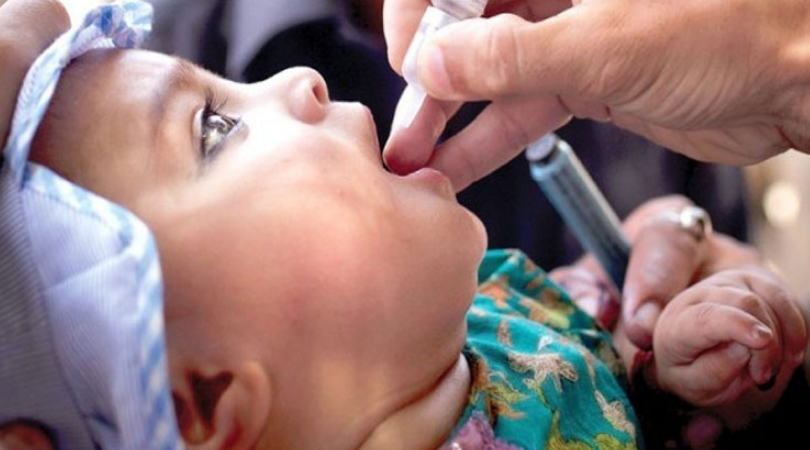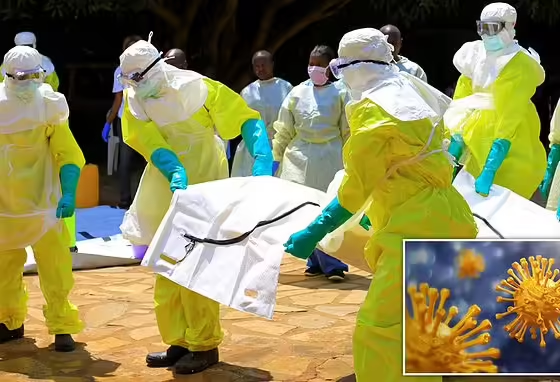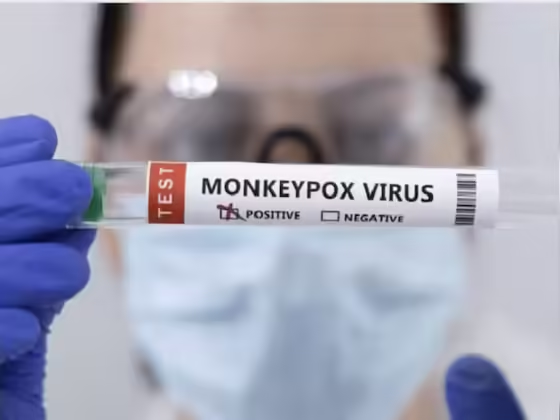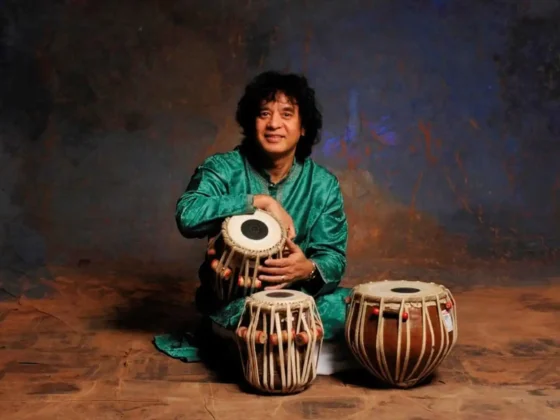As the world continues to tackle the challenge of vaccine-derived polio virus (VDPV), a rare and concerning case has emerged from Kerala, India. Here, a child with an immune deficiency transmitted VDPV to his healthy father, raising alarms about the potential spread of the polio virus in the community.
The discovery was made during a study conducted by the ICMR-National Institute of Virology, Mumbai, the ICMR-National Institute of Immunohematology, and the World Health Organisation. This study, carried out in two phases in 2022, was published in the journal Vaccines.
Researchers screened 157 children with inborn errors of immunity (IEI) across different parts of India for the excretion of poliovirus and non-polio enteroviruses. They found that one child from Malappuram, Kerala, who had received two doses of the oral polio vaccine (OPV), was excreting the virus.
On August 1, 2022, the information was quickly shared with ICMR Delhi, the health ministry, and WHO, prompting an epidemiological investigation in the community. While all other community samples tested negative, the study found that the child’s father, a healthy 32-year-old man without symptoms, was also excreting the same virus.
Although the study does not provide details on the father’s recovery, it emphasizes the threat of immunodeficiency-related vaccine-derived polioviruses (iVDPVs) for the re-emergence of polio. It calls for a long-term plan for iVDPV surveillance to ensure sustained efforts in the post-polio eradication phase. “Expansion of IEI surveillance will facilitate early detection and the follow-up of iVDPV excretion to mitigate the risk of iVDPV spread,” the study says.
Globally, there are very few reported incidents of iVDPV transmission to healthy contacts. A US study noted VDPV transmission in an unvaccinated community, affecting 23 children, including a child with severe combined immune deficiency. Another report from Spain also described iVDPV transmission to healthy contacts. The current report from Kerala is among the rare instances of iVDPV transmission within a family.
India was declared polio-free in 2014, along with 10 other countries in the WHO Southeast Asia Region. No new cases of polio from naturally circulating poliovirus have been reported in India since January 2011. However, vaccine-derived polioviruses, mutated from the strain in the oral polio vaccine (OPV), have occasionally been found.
The OPV contains a live, weakened form of poliovirus that replicates in the intestine, building immunity by producing antibodies. According to WHO, on rare occasions, the OPV strain can genetically change and spread in under-vaccinated communities, especially in areas with poor hygiene, sanitation, or overcrowding. “The lower the population’s immunity, the longer vaccine-derived poliovirus survives and the more genetic changes it undergoes,” the UN health body says. In very rare cases, the vaccine-derived virus can change into a form that can cause paralysis, similar to the wild poliovirus.











